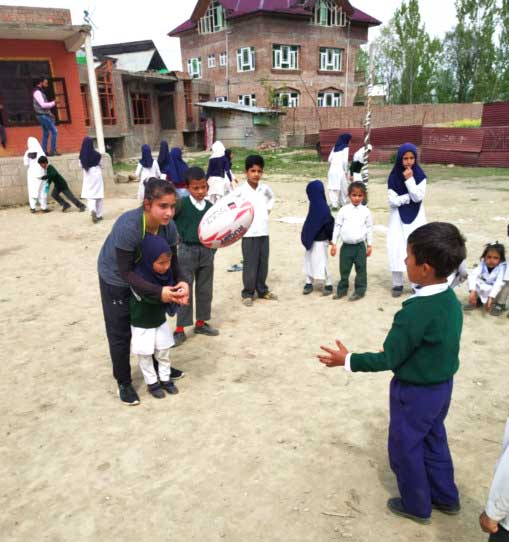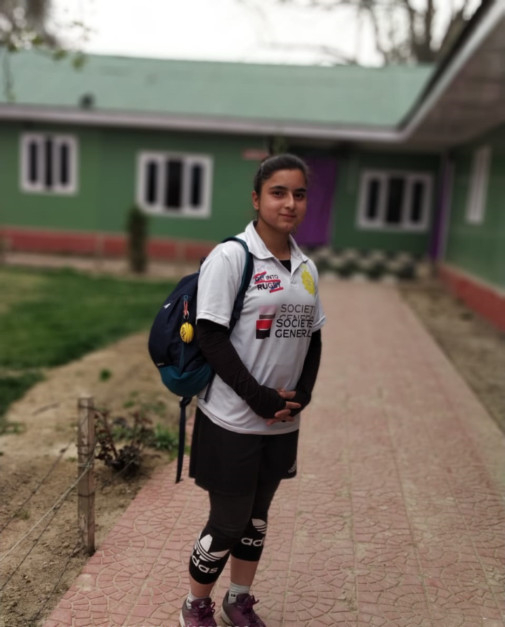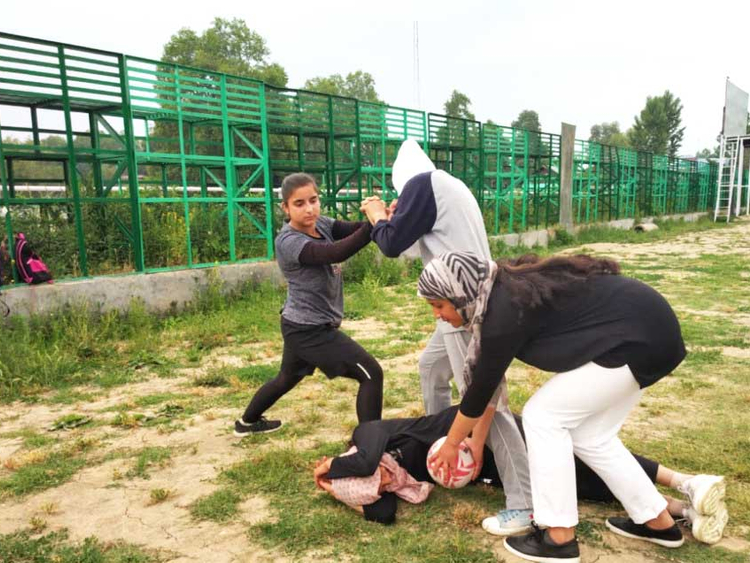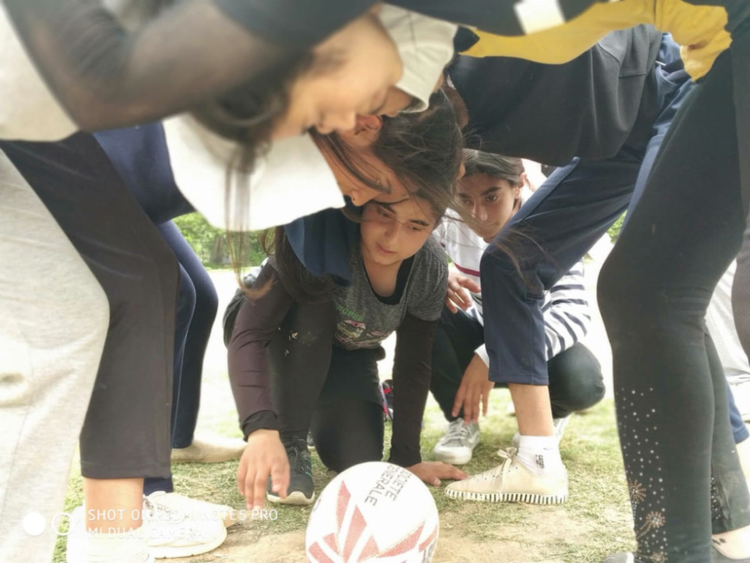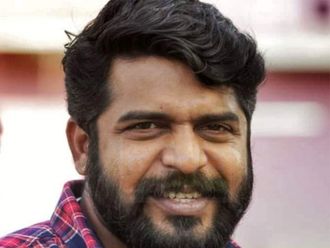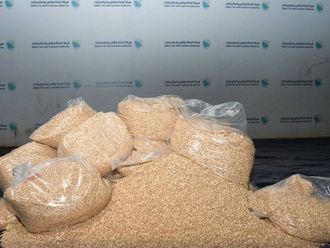Dubai: She was the first to wear jeans in her family, the first to return home cheerfully, with a broken nose, and now, perhaps is the first young Kashmiri woman with the dream of training with New Zealand’s All Blacks national rugby team.
Meet Irtiqa Ayoub, a young woman who has been defying norms since she was 16, changing perceptions and building women’s sports in Kashmir, India – all through the game of rugby.
Tweeps have been talking about her over the past few weeks, and sharing her efforts on Twitter.
@RabiyaAnjum11 wrote: “Irtiqa Ayoub from Jammu and Kashmir discovered rugby when she was 16 years old, and since then, there has been no looking back. She is fearless, passionate and determined. She is a shining example of how when young girls are empowered and given freedom of choice, they can surmount any challenge.”
Irtiqa Ayoub (23) from J&K discovered rugby when she was 16-years-old, & since then there has been no looking back. She is fearless, passionate & determined. She is a shining example of how when young girls are empowered & given freedom of choice, they can surmount any challenge. pic.twitter.com/4224liHFkT
— Rabiya Anjum (@RabiyaAnjum11) June 10, 2018
@khatana_ashraf wrote: “Until a few years ago, #Kashmiri girls didn’t know a thing about rugby, had never even seen a rugby ball. Credit goes to Irtiqa Ayoub, a fearless, determined girl who is not only passionate to play but to build teams that can play for #India. She is empowering girls to chase their love for sports.”
Until a few years ago, #Kashmiri girls didn’t know a thing about rugby,never even seen a rugby ball
— ashraf Khatana (@khatana_ashraf) June 12, 2018
Credit goes to @IrtiqaAyoub ,a fearless,determined girl who not only passionate to play but to build teams that can play for #India
she is empowering girls to chase love 4 sports pic.twitter.com/ALXmVEp39X
Ayoub, a 23-year-old from Safa Kadal, a small town on the banks of the Jhelum River in Srinagar, said the rough contact sport “changed her life”.
She told Gulf News: “I started playing this sport seven years ago, when I was in high school. My rugby coach, Mr Irfan, picked me to play, and that’s when I started my journey with rugby.”
Ayoub performed extremely well in national and state level tournaments. She won a silver medal for Rugby 7’s in 2016 and 2017, and a gold medal for snow Rugby in 2017, and quickly became a known face among the locals for her unusual talent.
But why choose such a rough-and-tumble sport?
She said: “I love the enthusiasm and the dedication of each player – both on the field and off. In rugby, we cannot rely on a single person. We have to work as a team to get through the line. I love the adrenaline rush during the game.”
The idea of playing a sport did not go down well with her family, initially. It’s a perception a lot of Kashmiri girls have to face, and fight against, to achieve their goals, Ayoub said.
She said: “At first I had some problems, as it’s not easy here for a girl to stay away from her home. My parents didn’t support me at first, but as I began winning some matches, and a few medals, they began supporting me. Now, they are with me fully.
“Society has its part to play, but I don’t think it should affect me. I want to do something for my community. Due to several misconceptions in our state, girls are often not given a chance. But people in every part of the world are not the same, so we need to deal with them patiently and calmly. I think critics are a big part of my journey – they keep me more motivated towards my goal.”
The support she has received however, has made a world of a difference to Ayoub.
She credits Waheed Al Rahman Para, secretary of Jammu and Kashmir Sports Council, with encouraging women’s sports in the state.
Ayoub said: “He has always taught me to stay focused and not to mind the negatives within society. The Sports Council manages to set up different events and activities for young people. They try to bring attention to new female players, and offer them new kits and gear. They make sure that every girl gets a boost when she wants to play a sport.”
For nearly two years now, Ayoub has been coaching other girls who are interested in rugby. She visits schools and colleges to teach them the sport, and has even formed a club, with a team of girls she is prepping, to make it to the nationals, and eventually play for India.
But her ultimate goal is to make it big on an international level.
Ayoub said: “I wish to go abroad and train with the best teams, like the New Zealand’s All Blacks.”
She hopes other young women will take up the sport, in her state, and then all over India. However, experience has shown her that it’s difficult to go all the way alone.
She shared some advice: “I would tell all girls who have talent and commitment, to please pursue the game. But it is important for parents to support your daughters – only with your support can they go far, fearlessly.”


